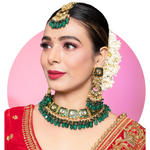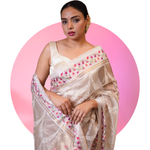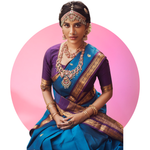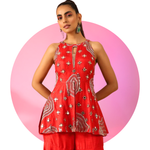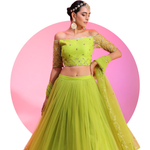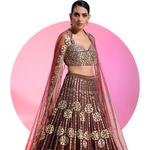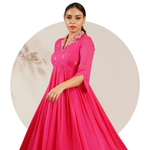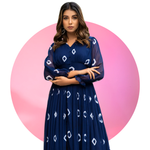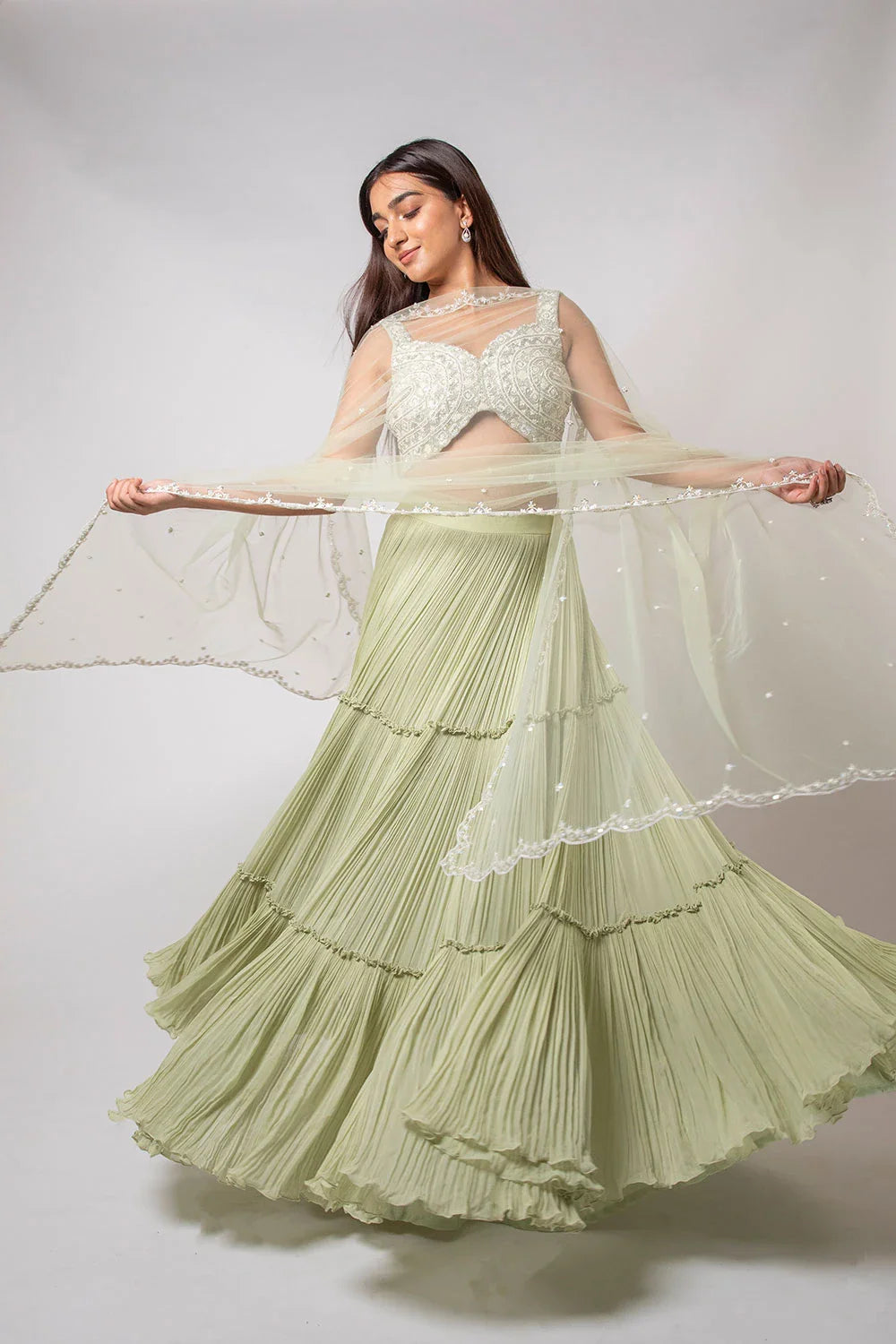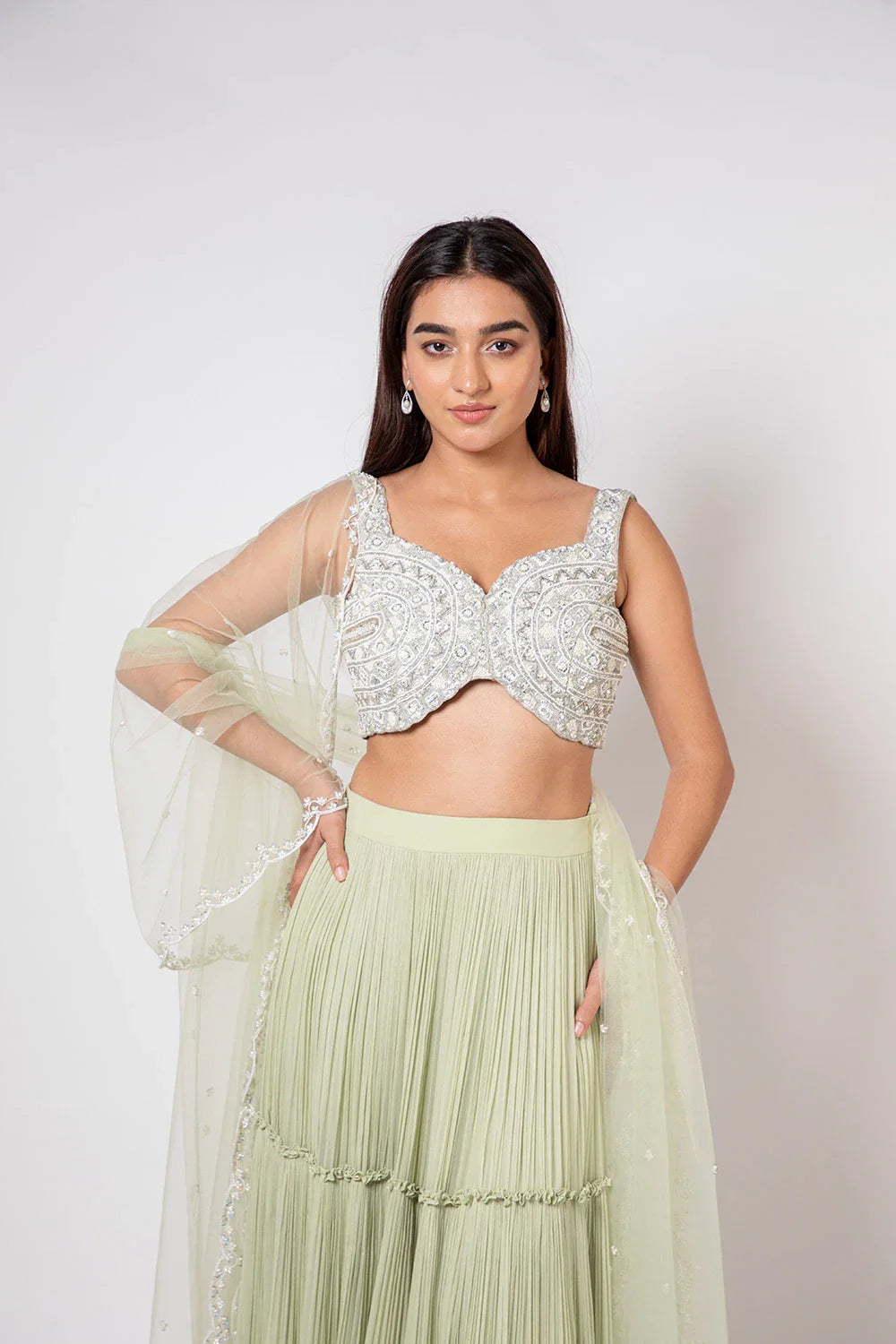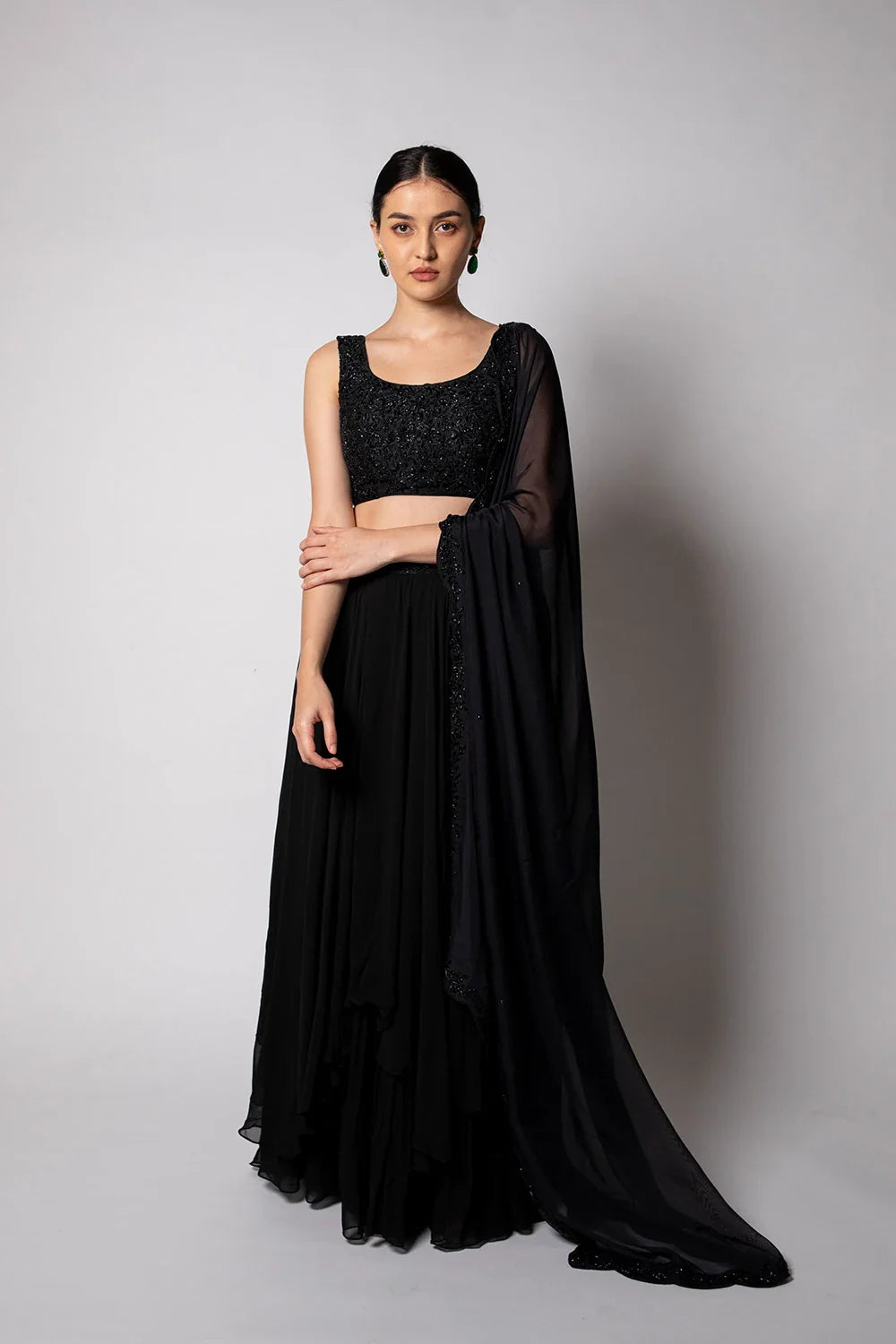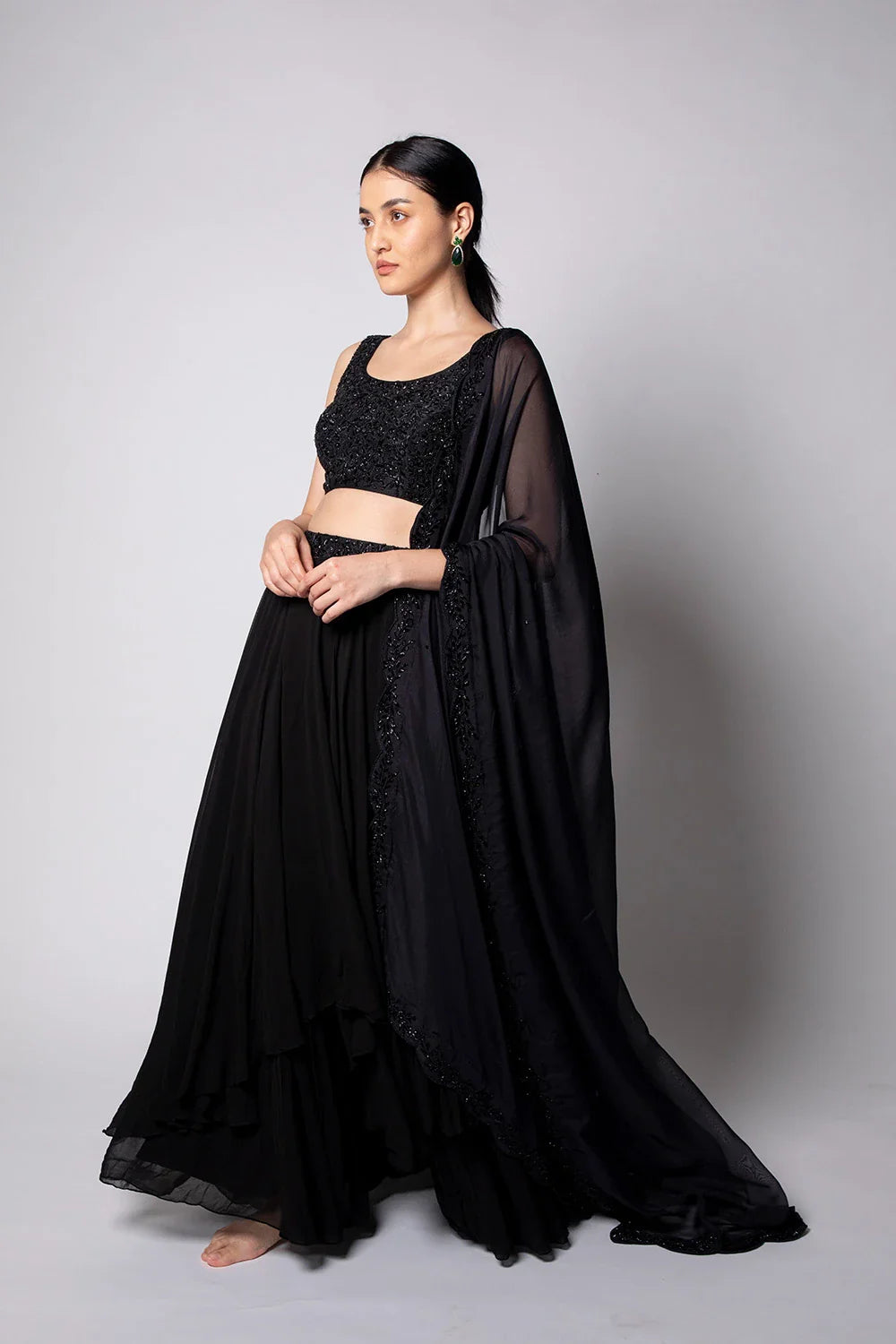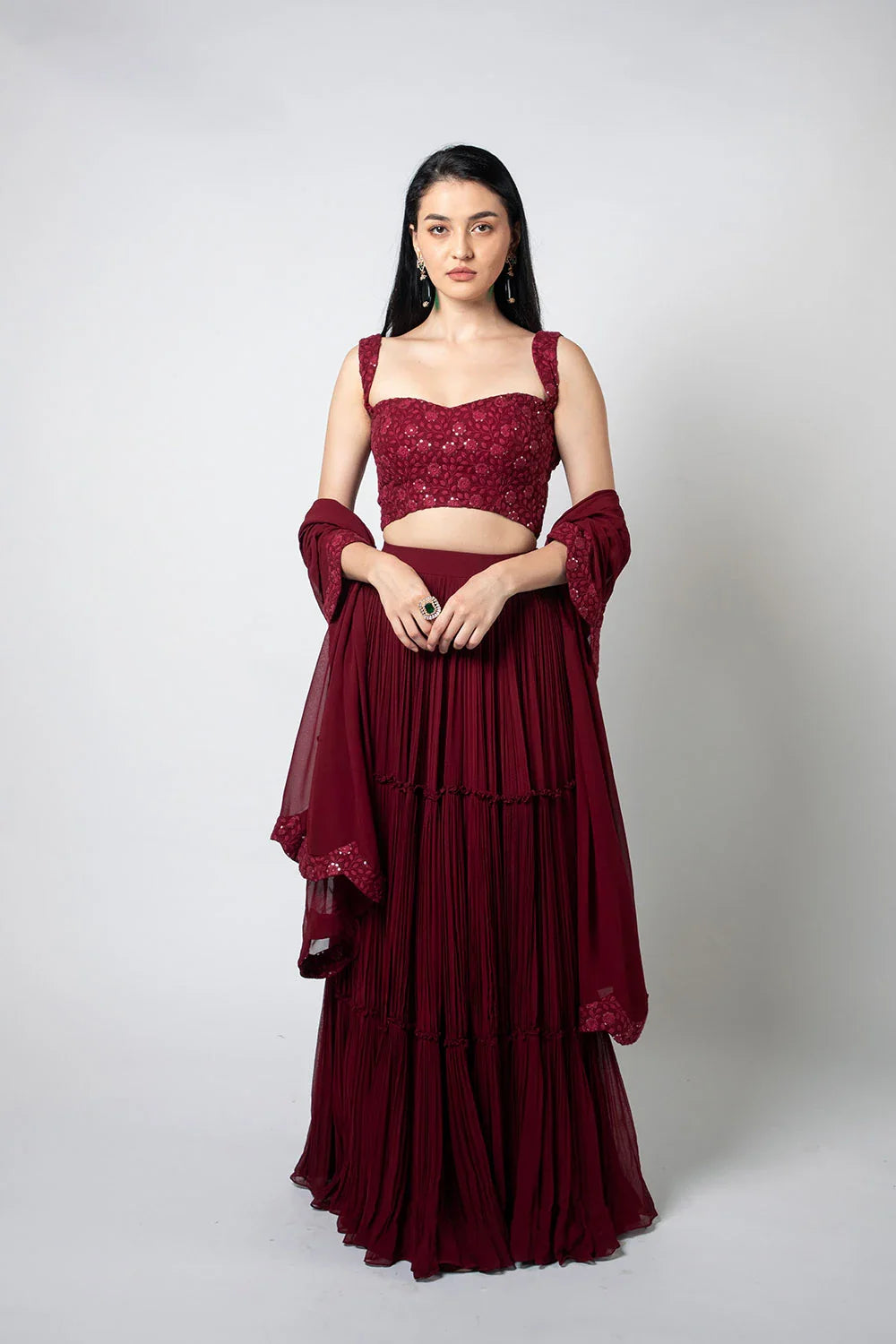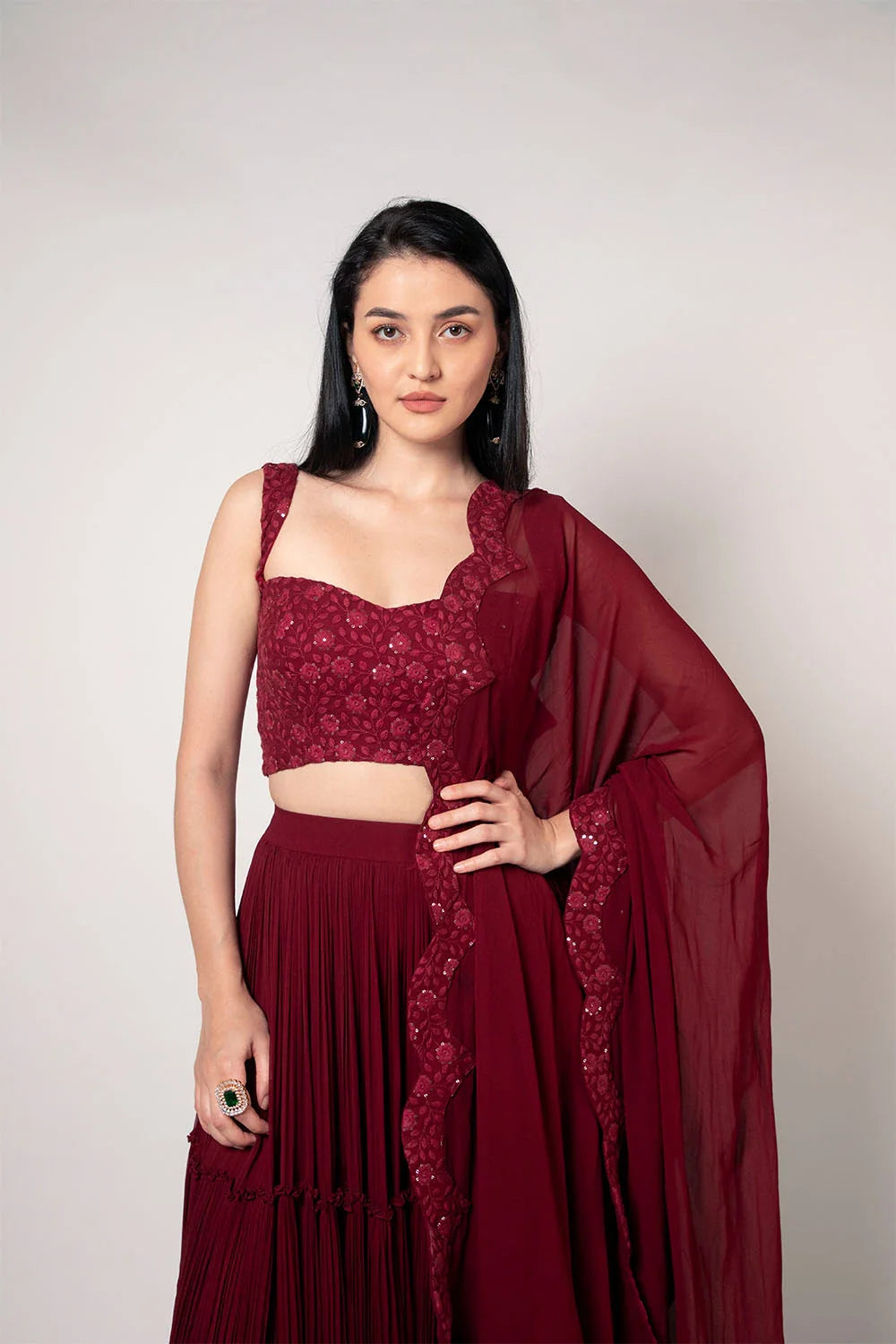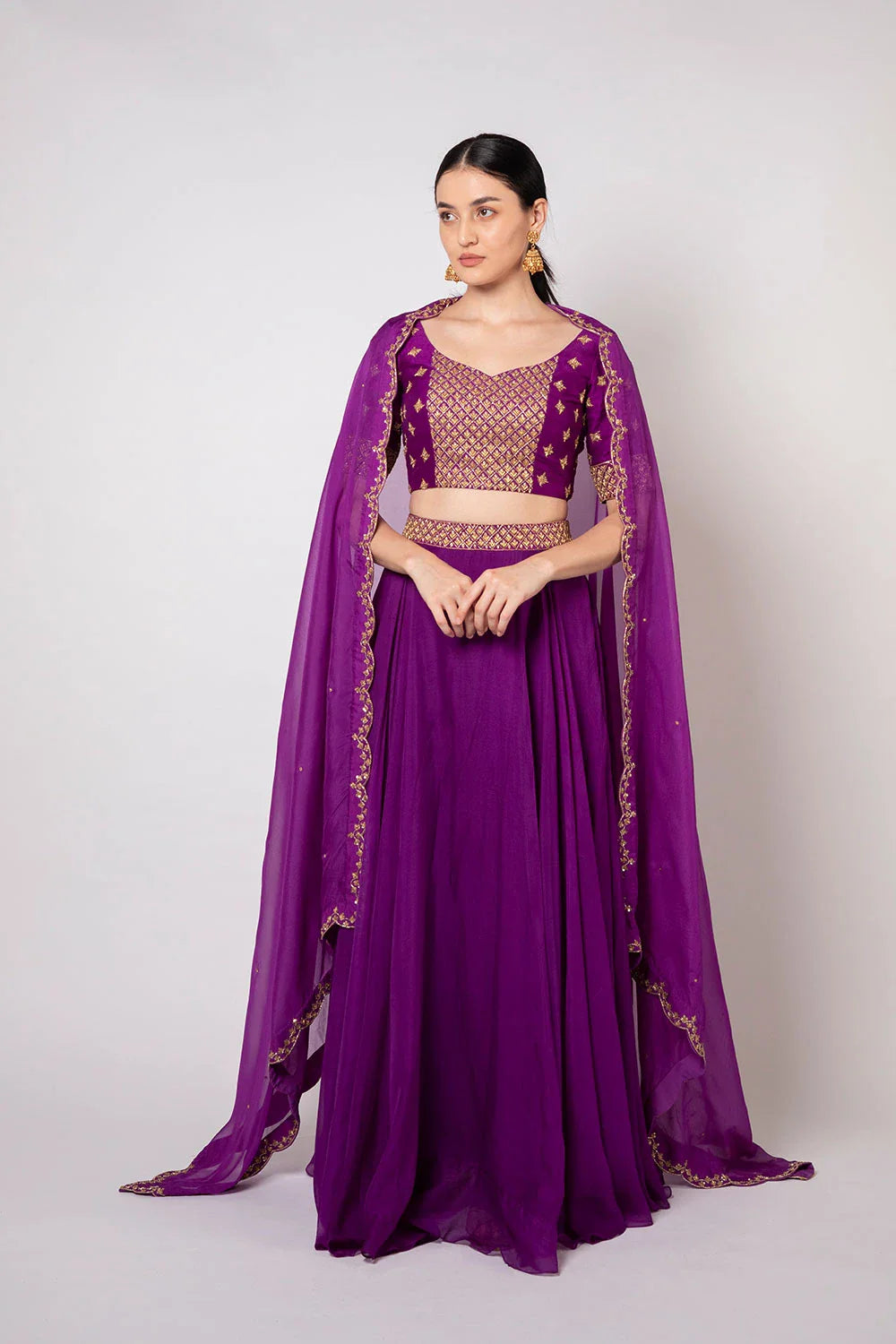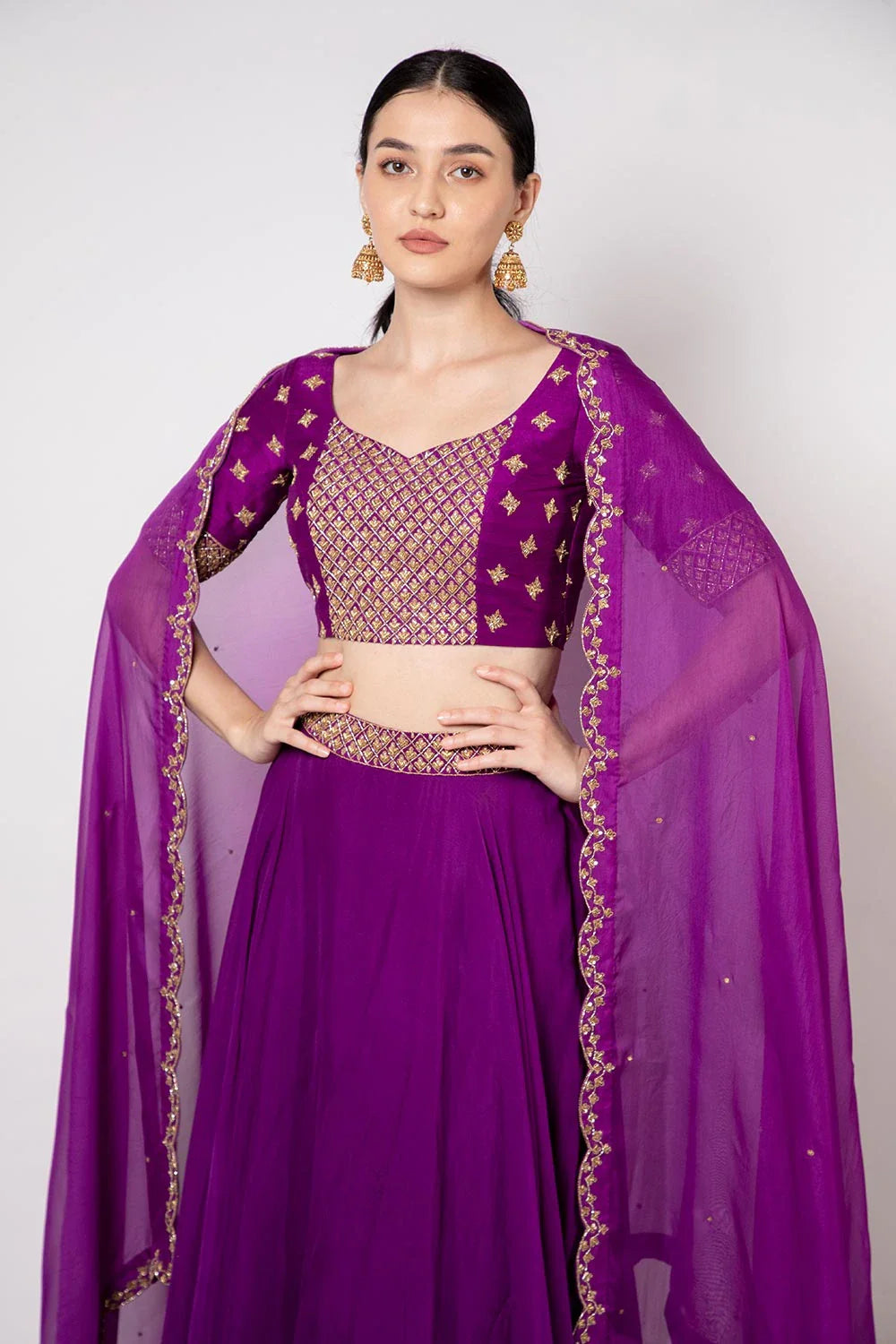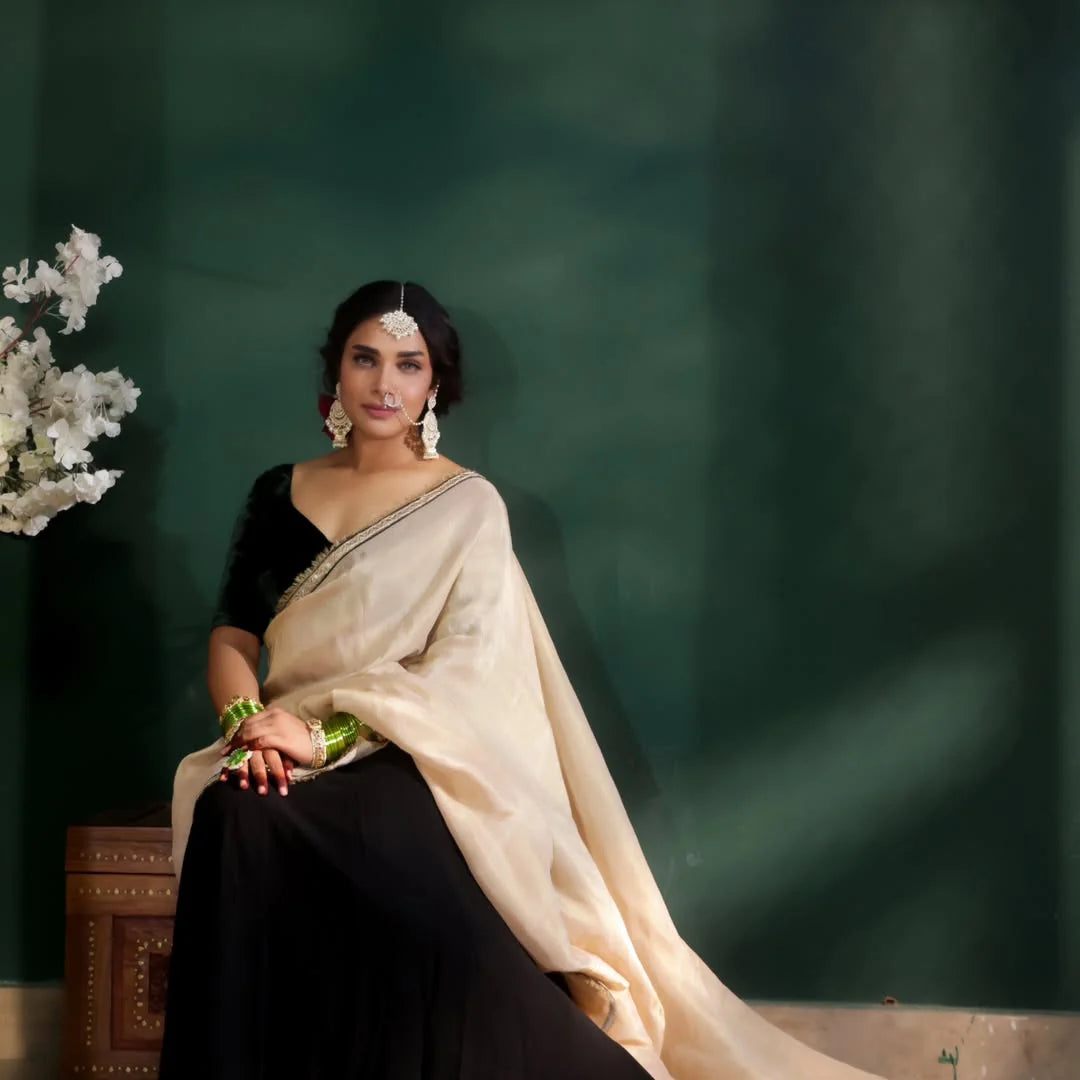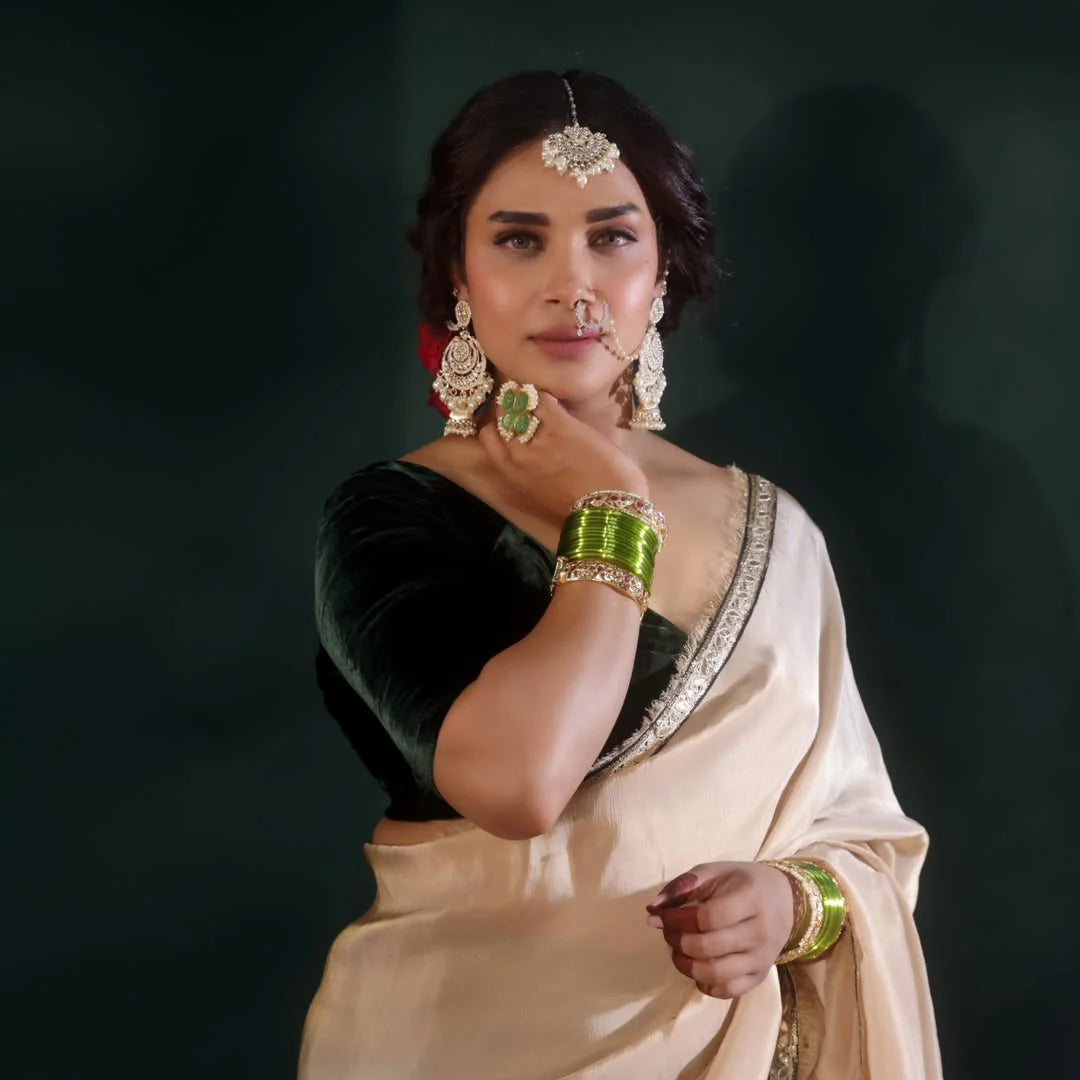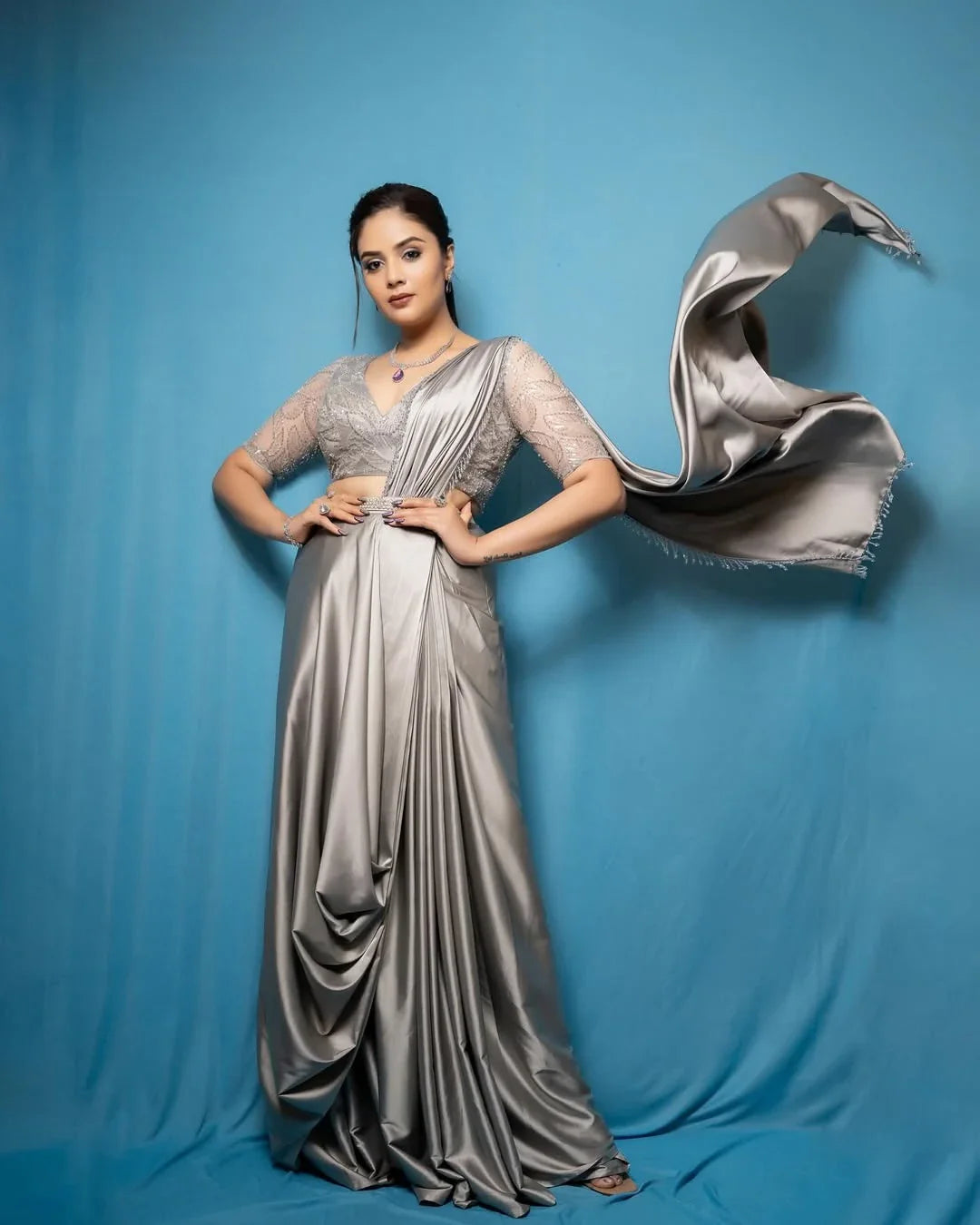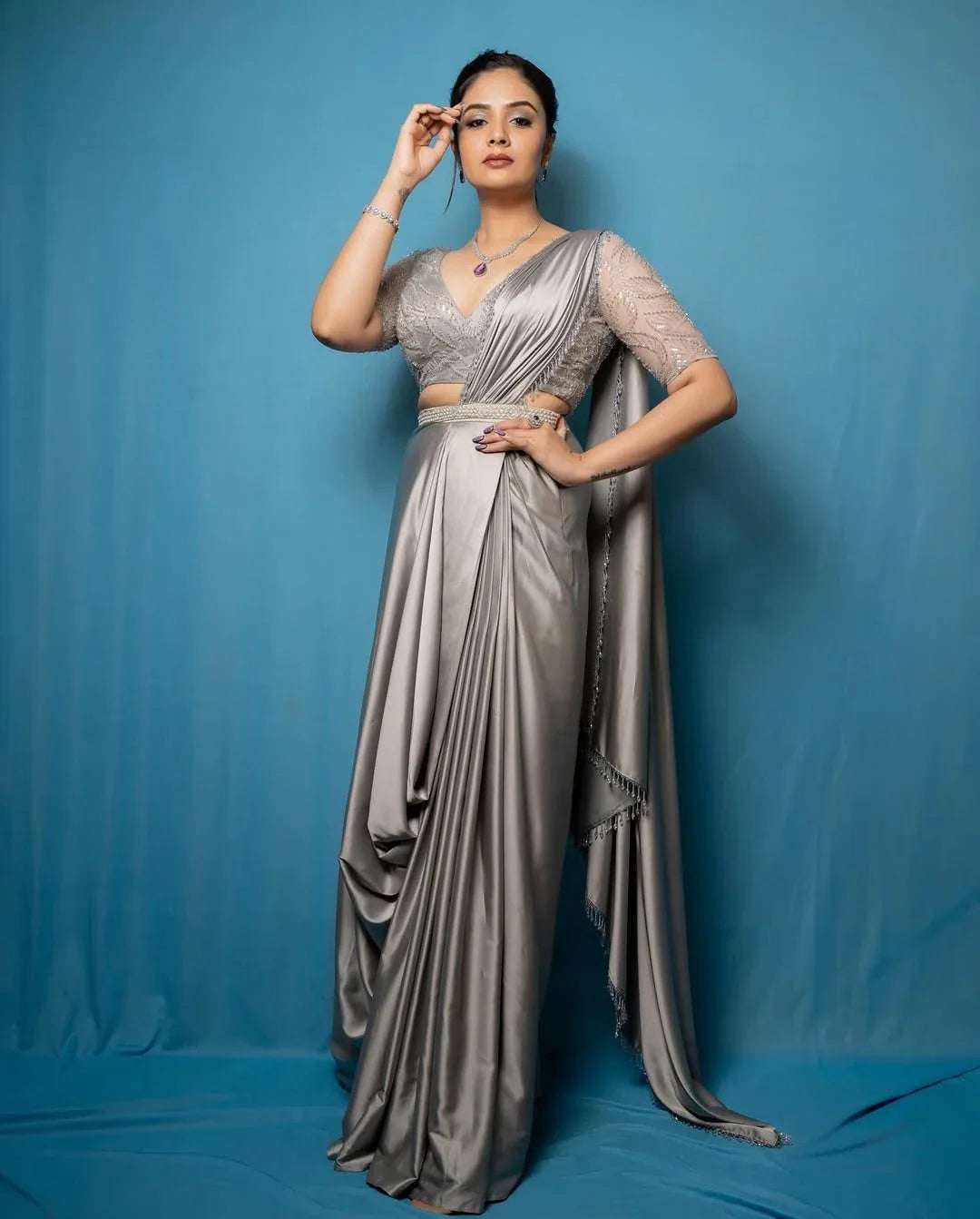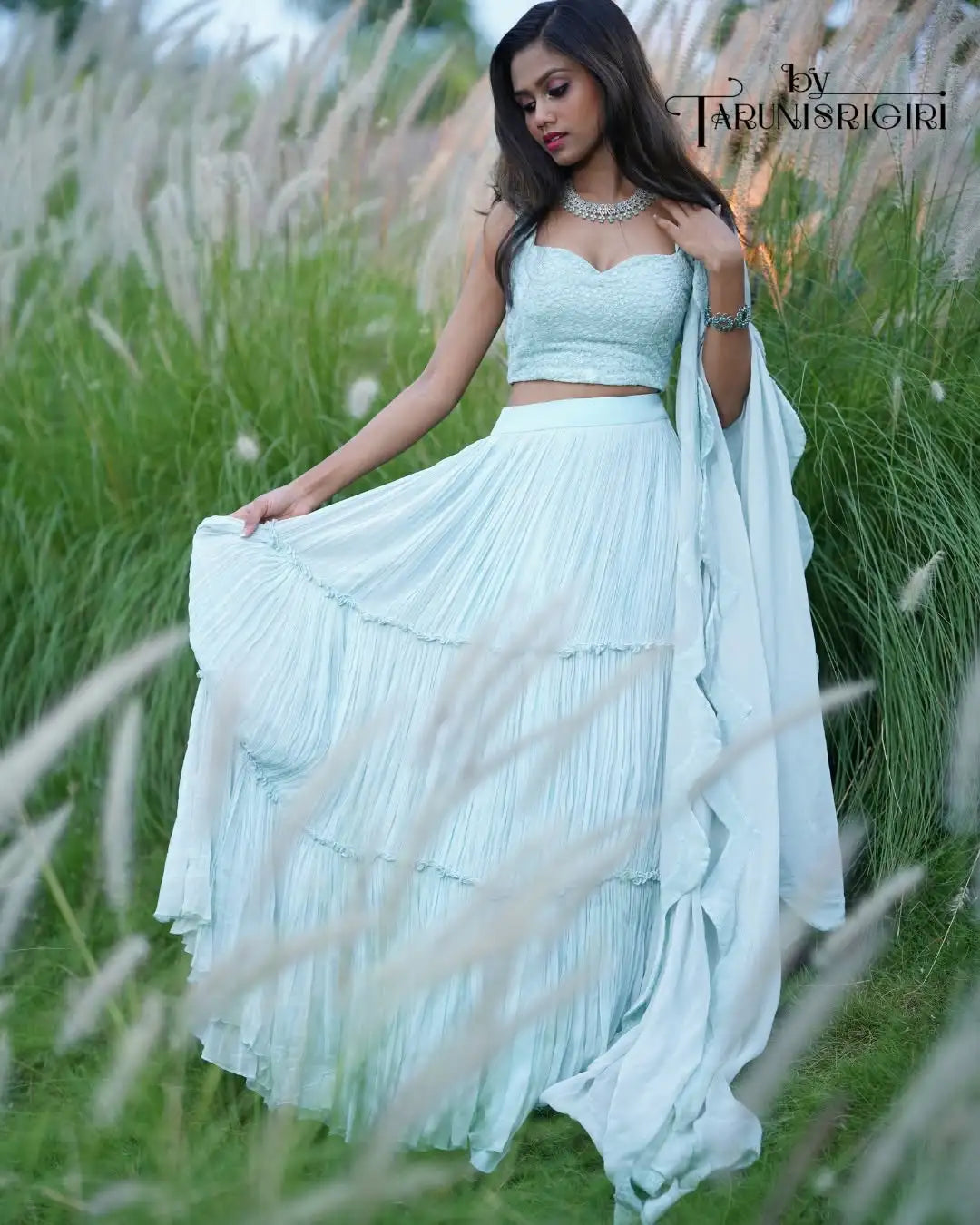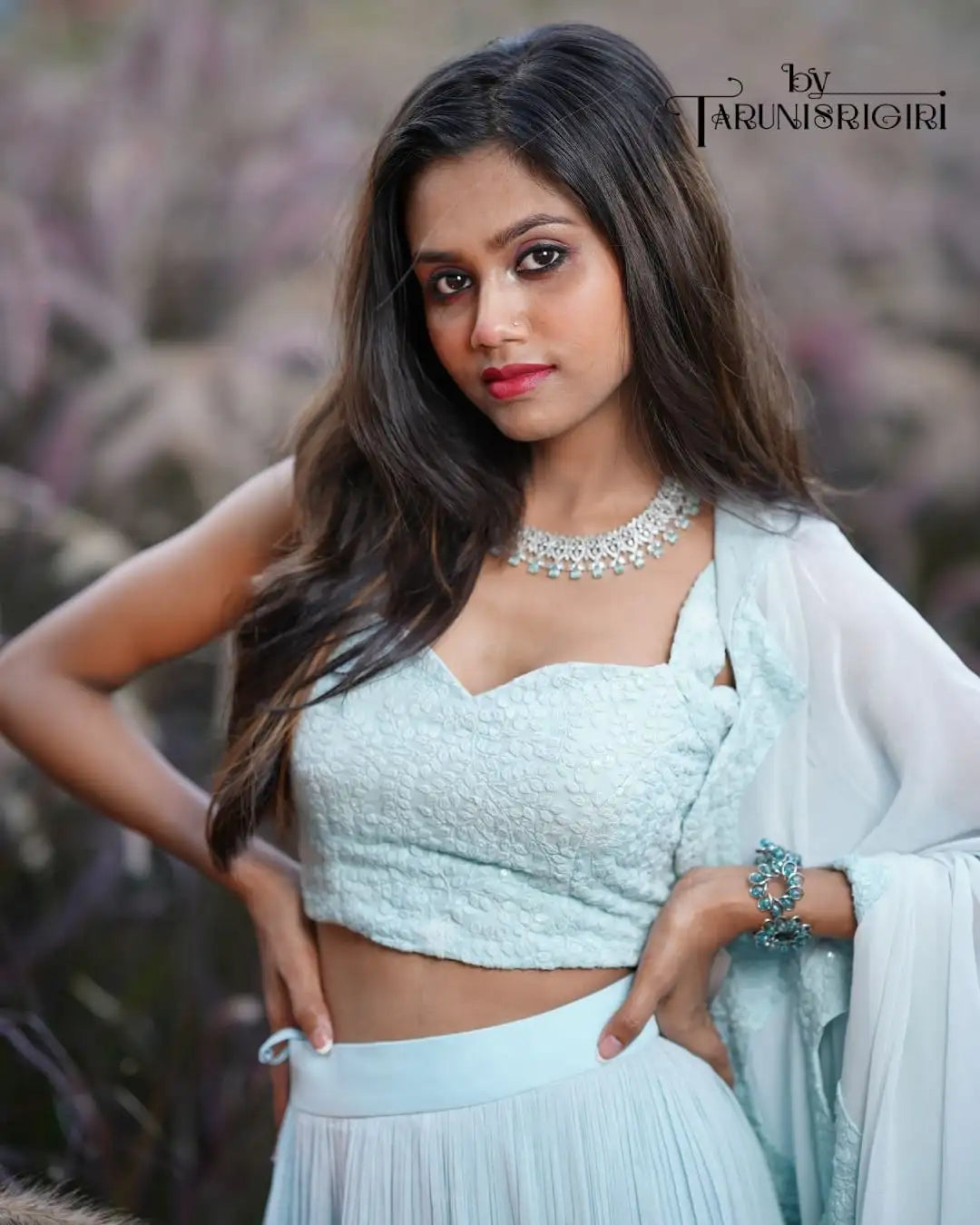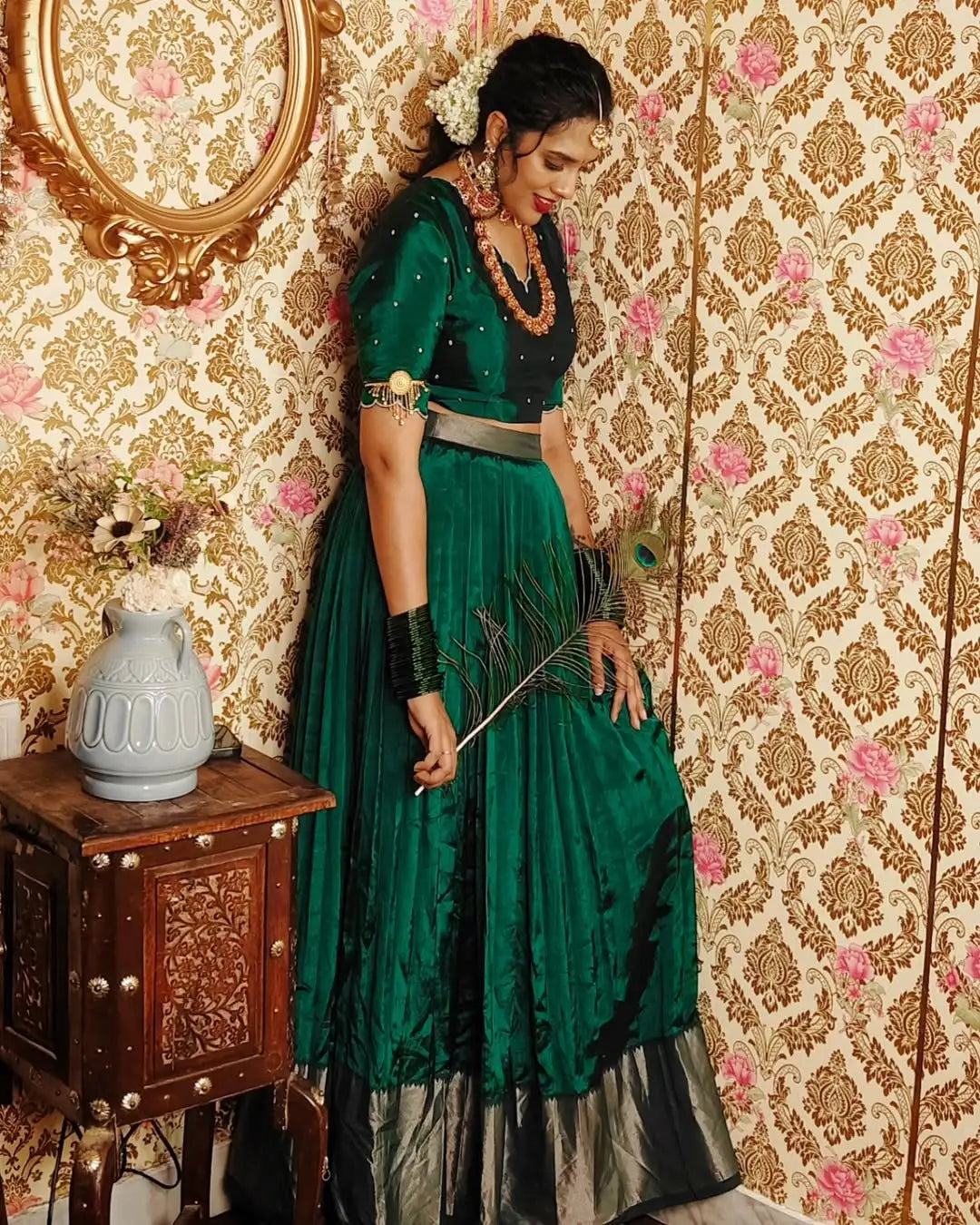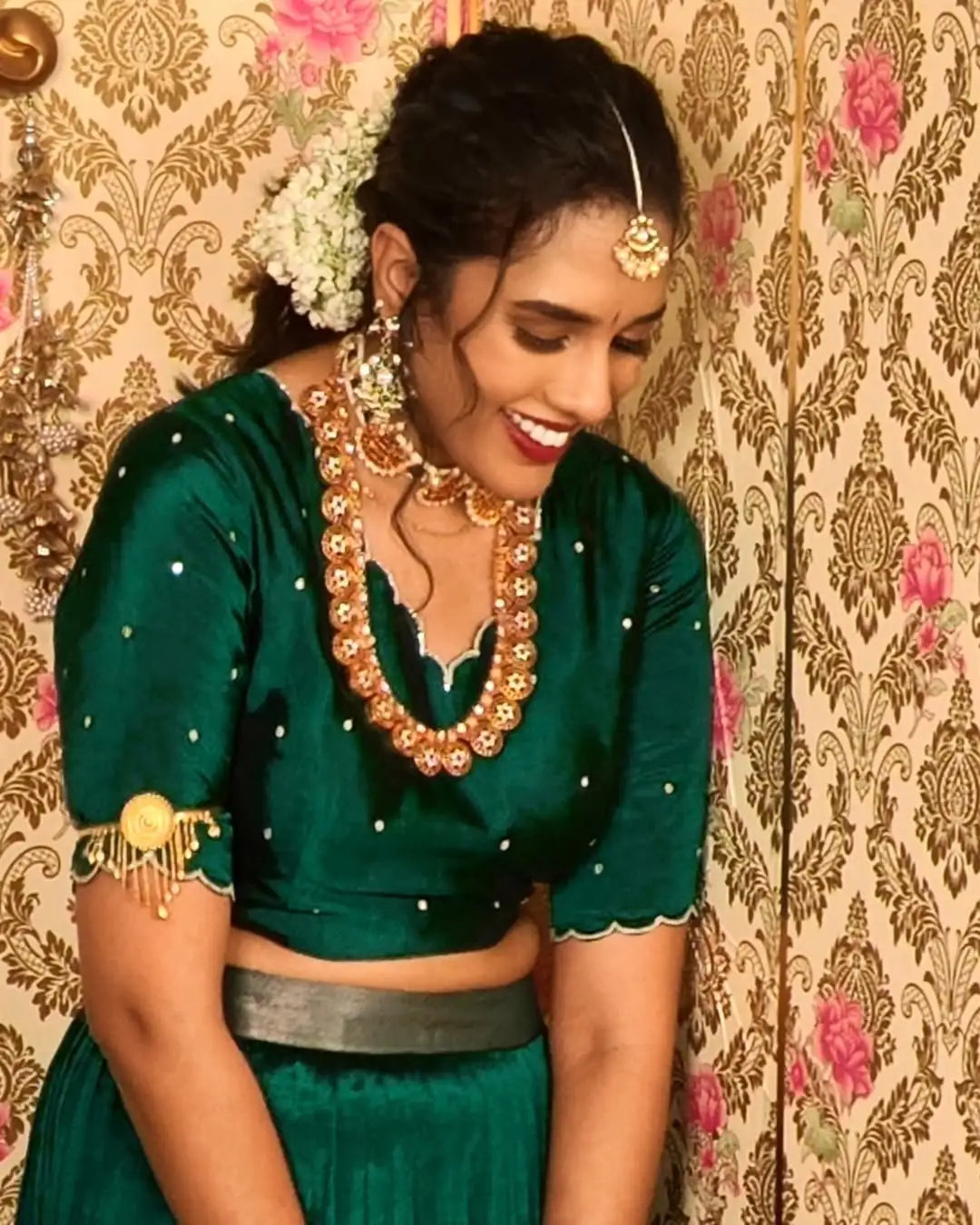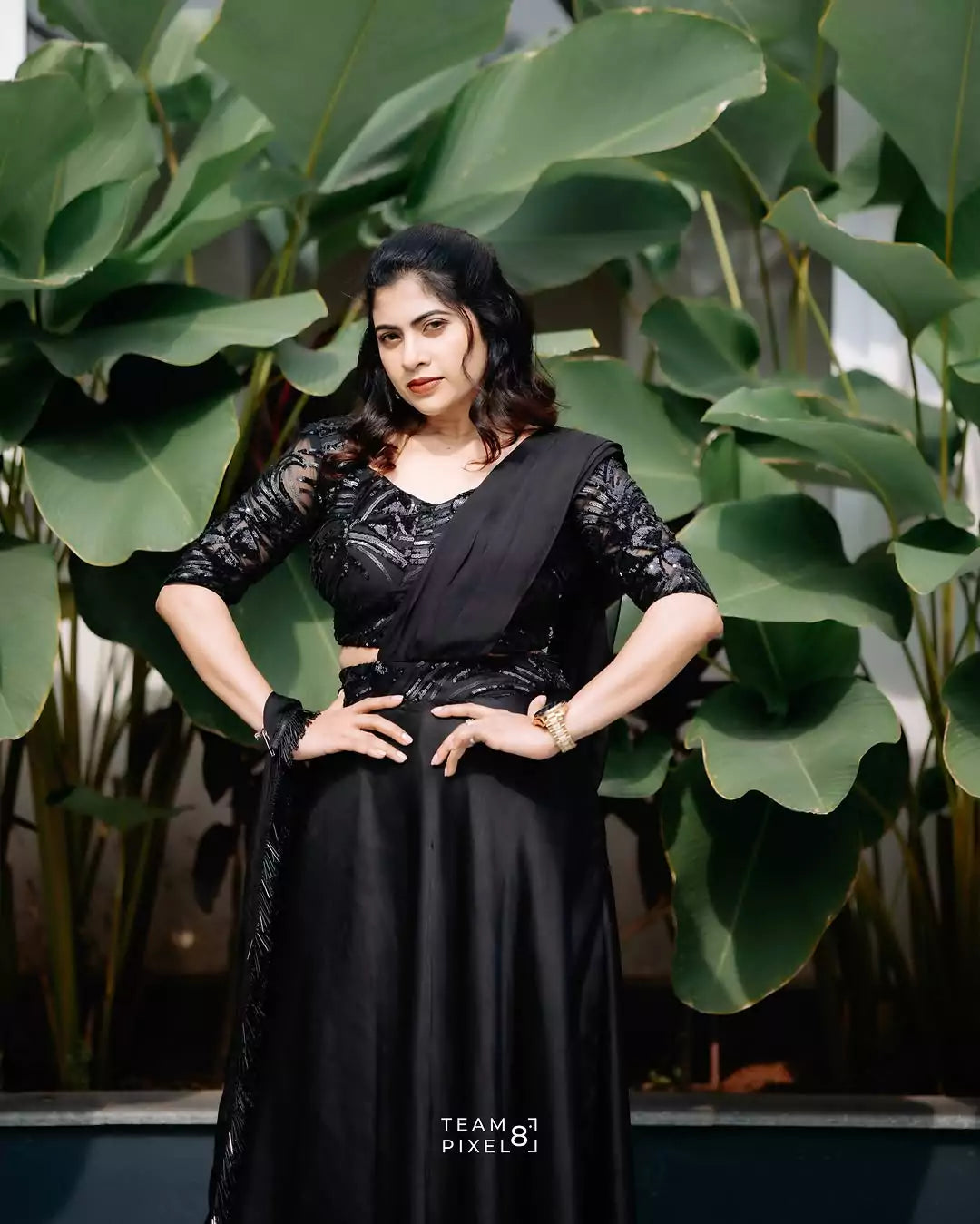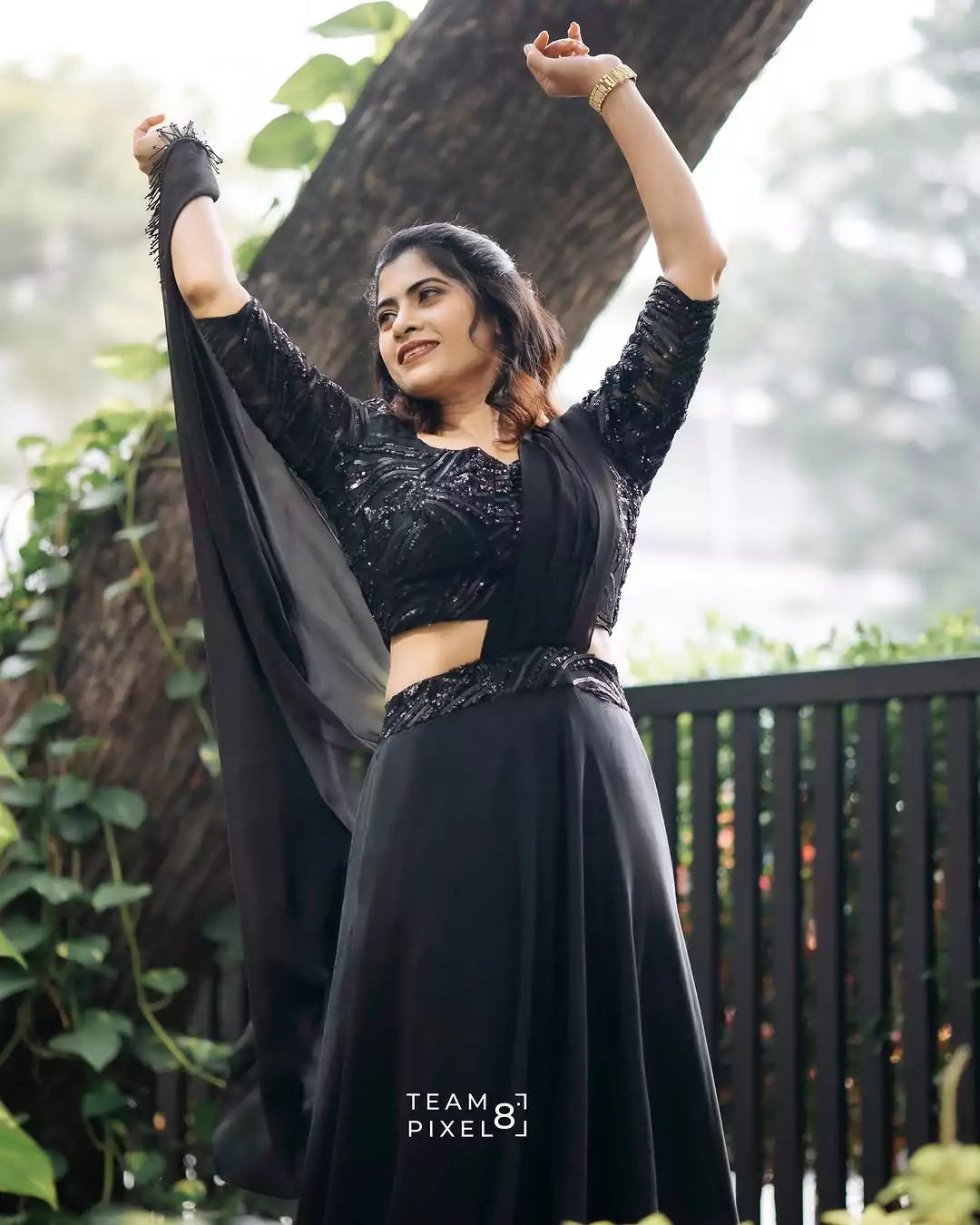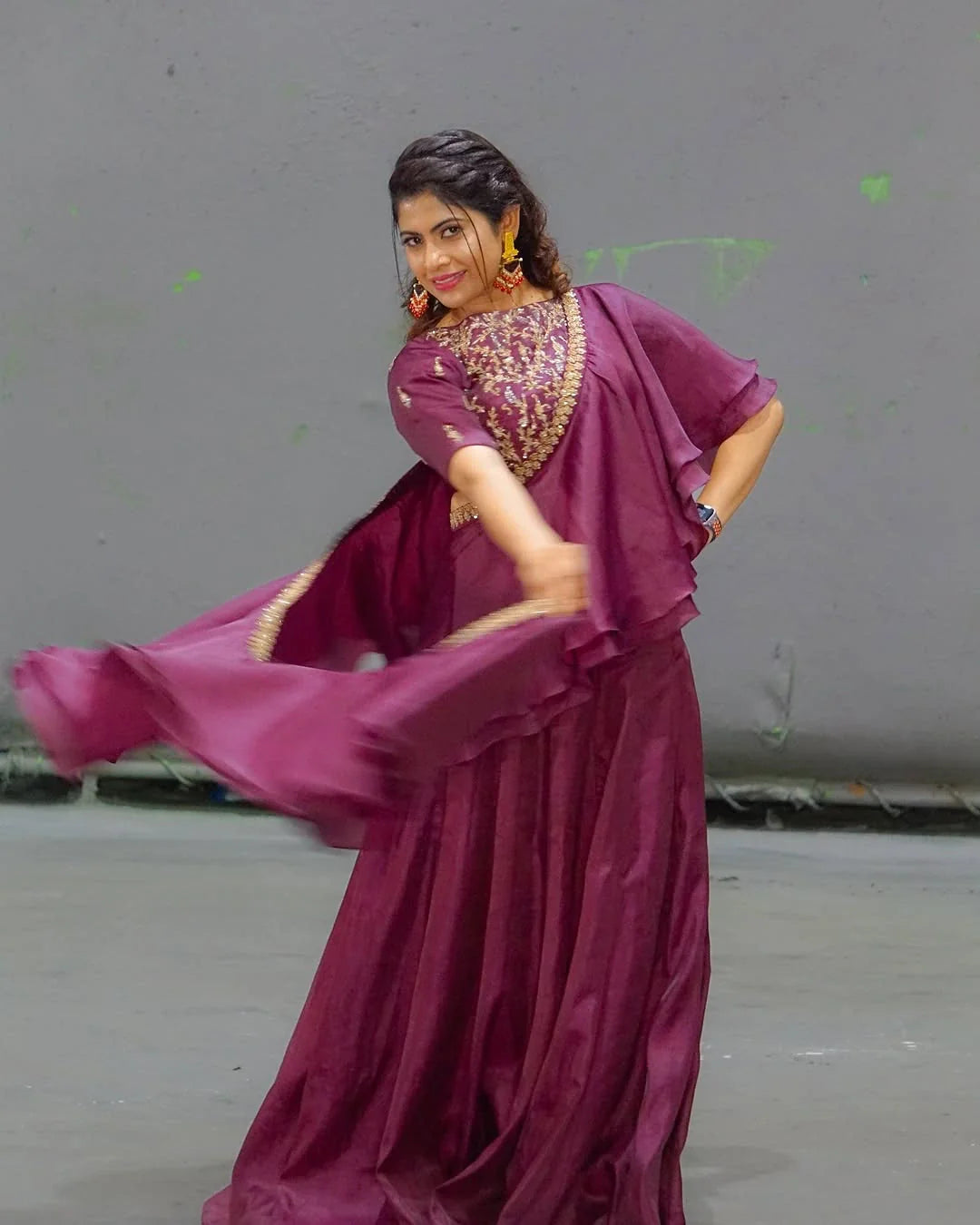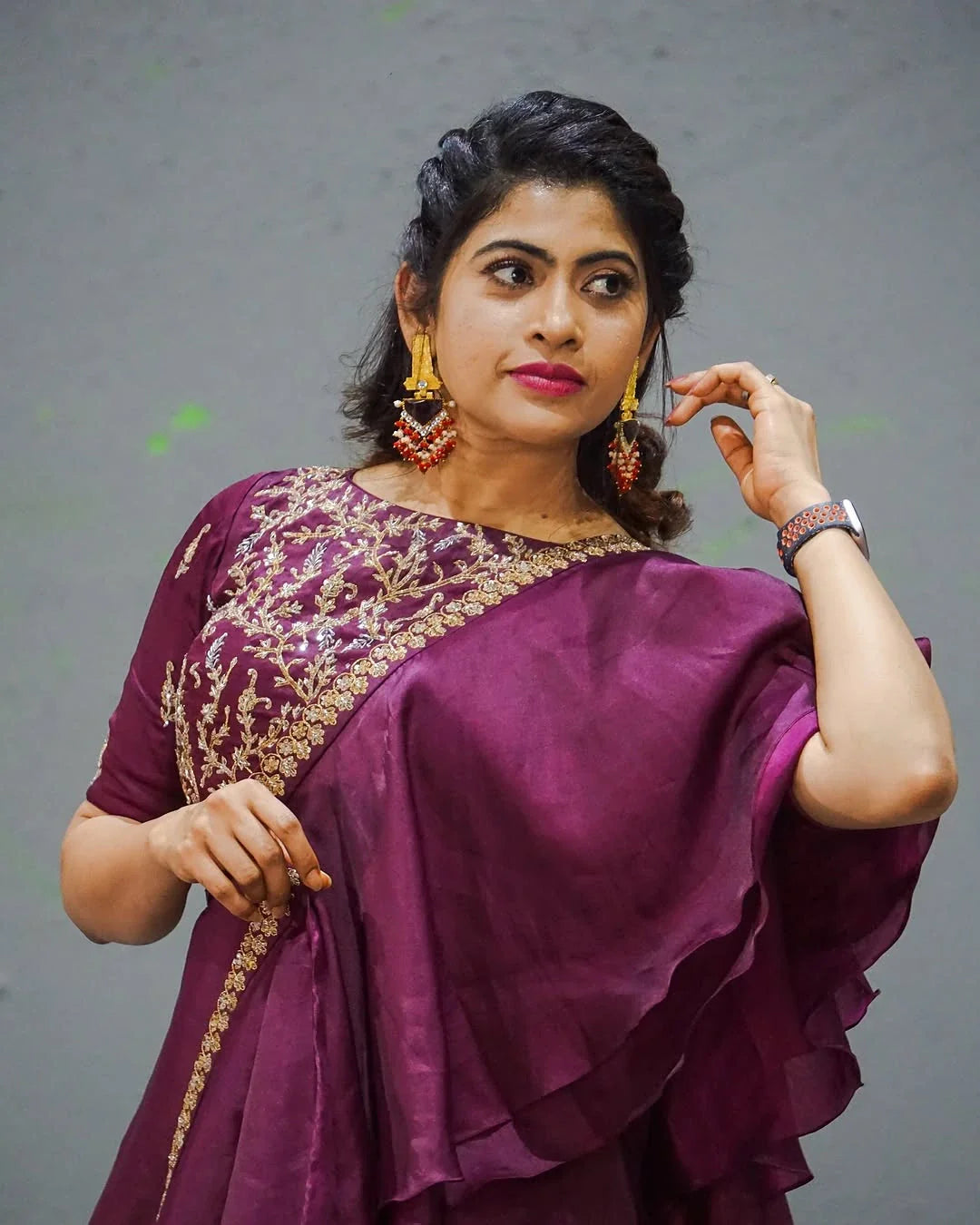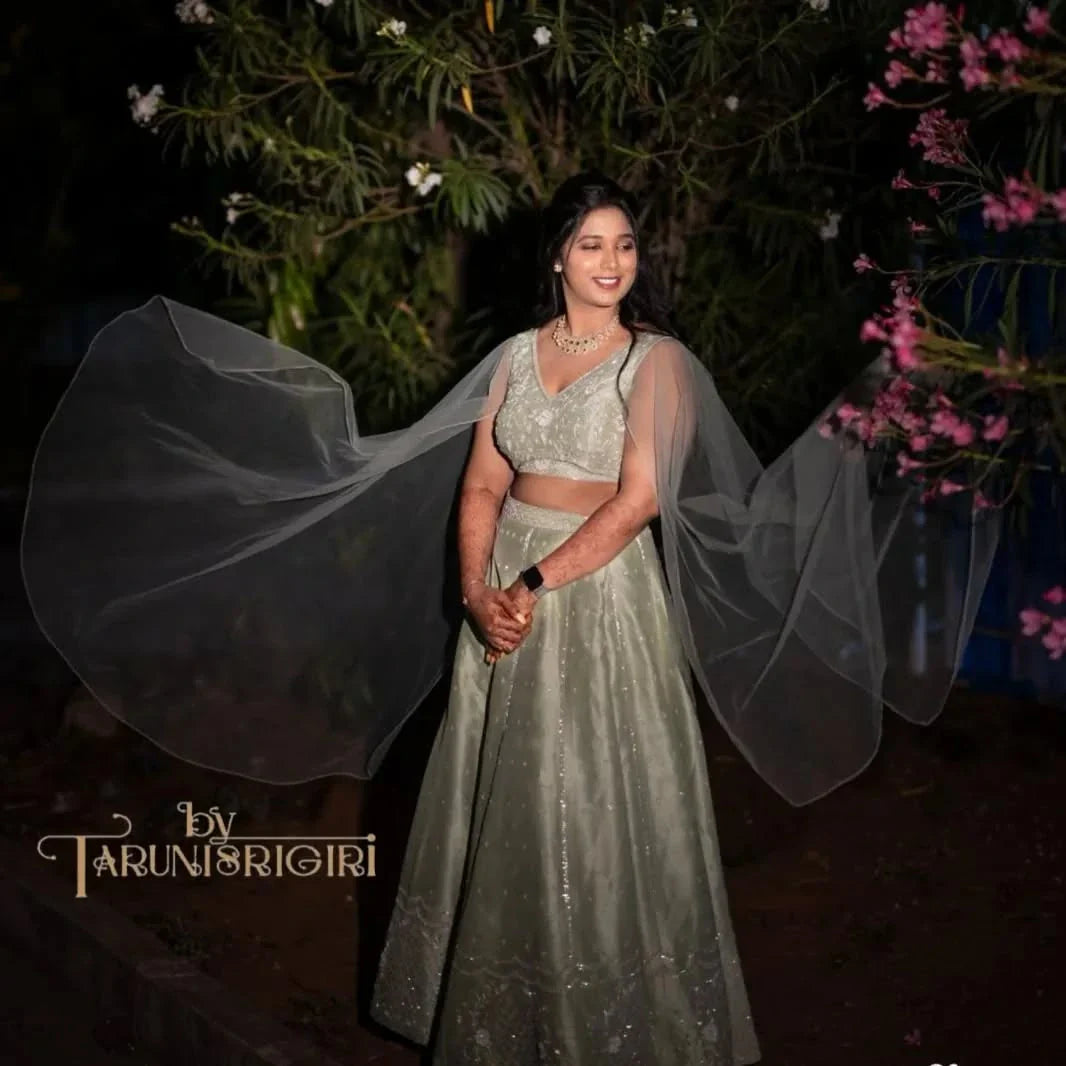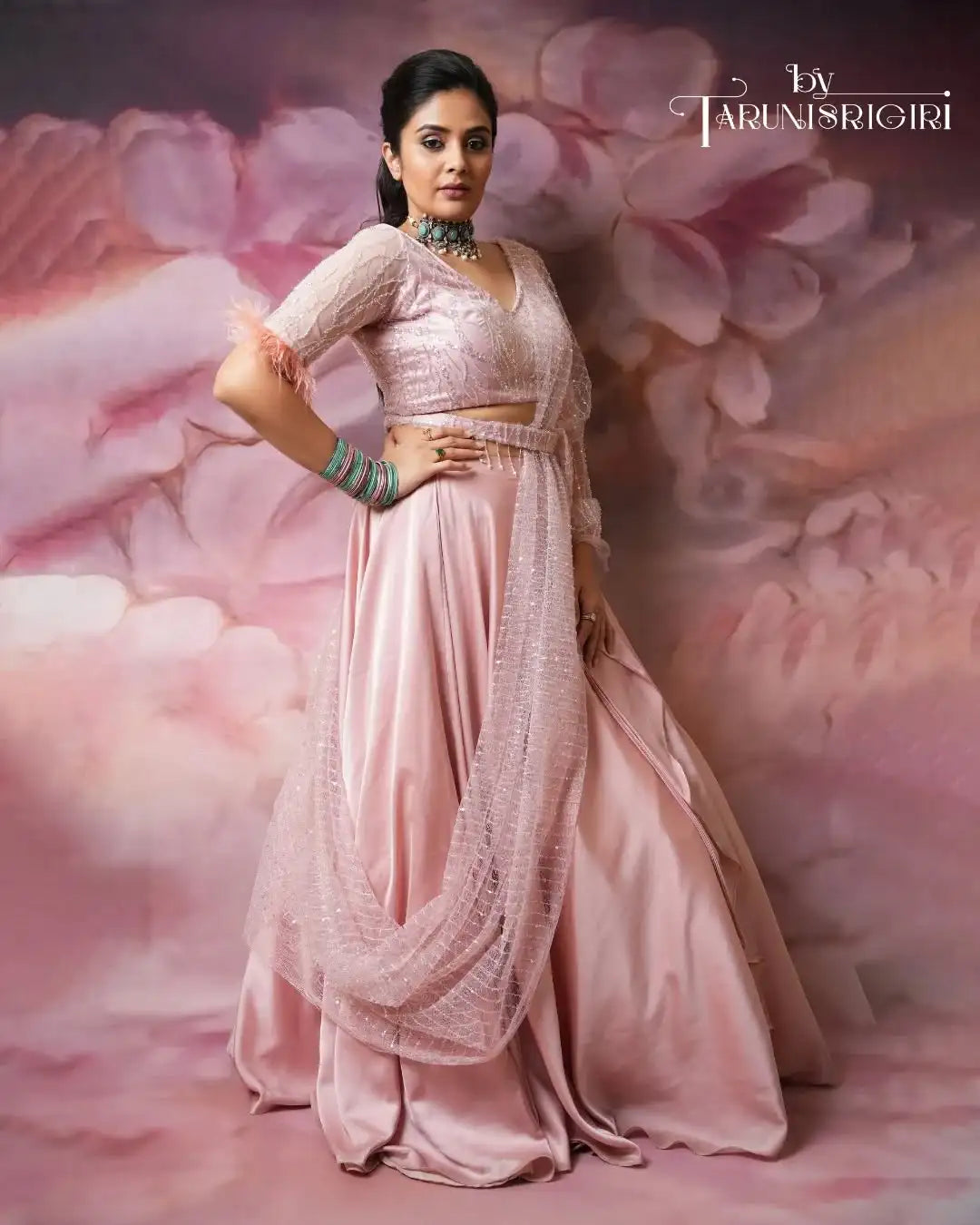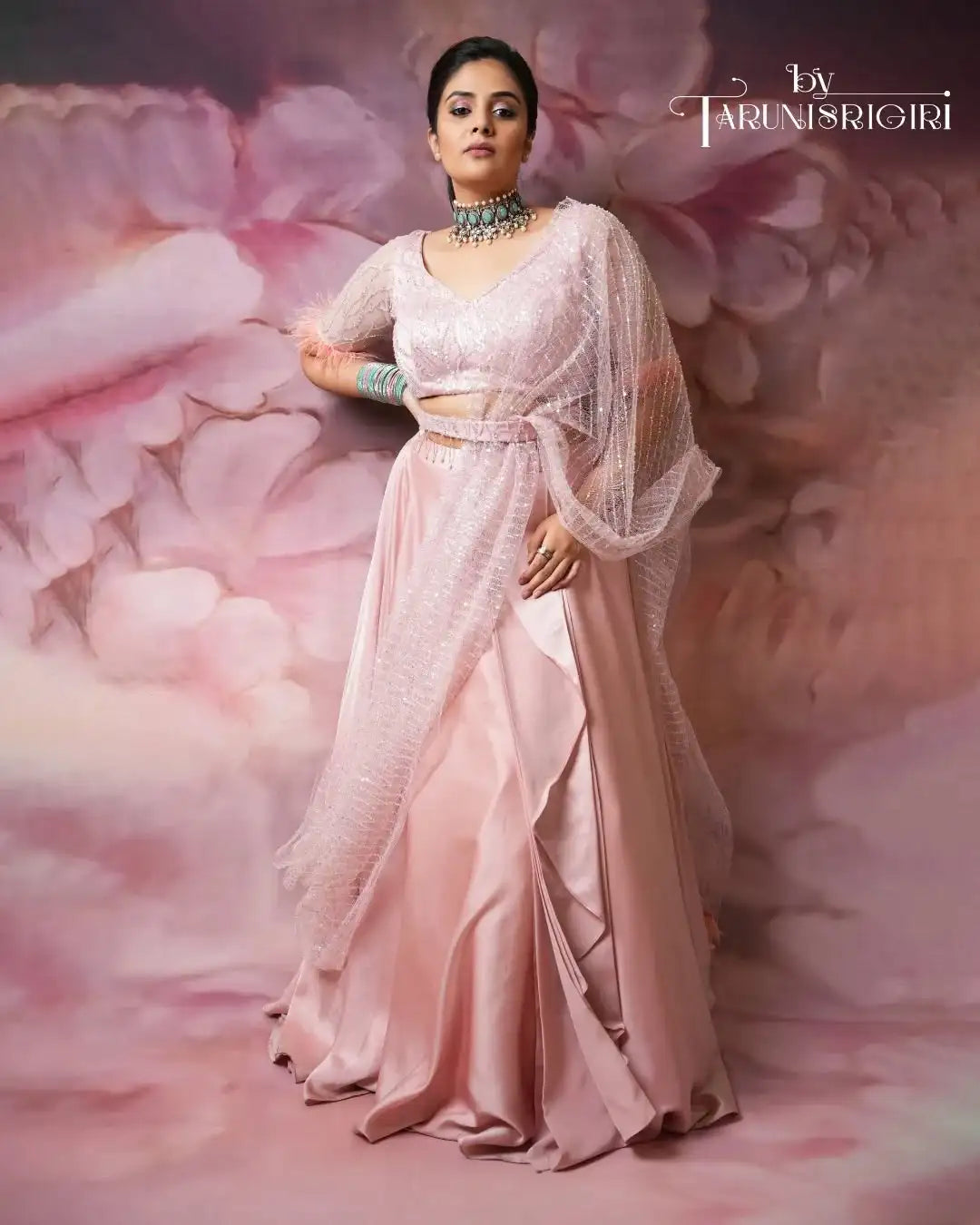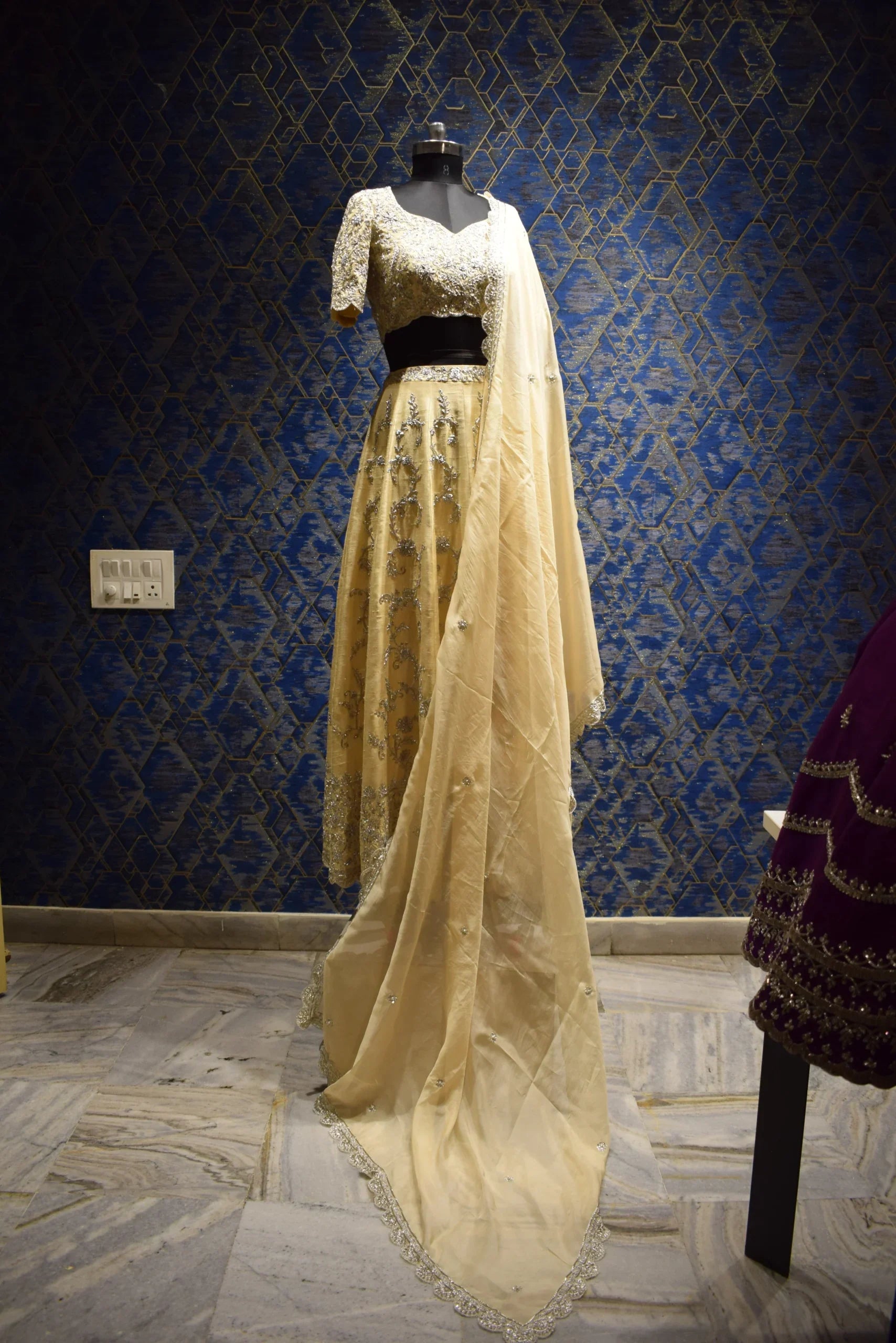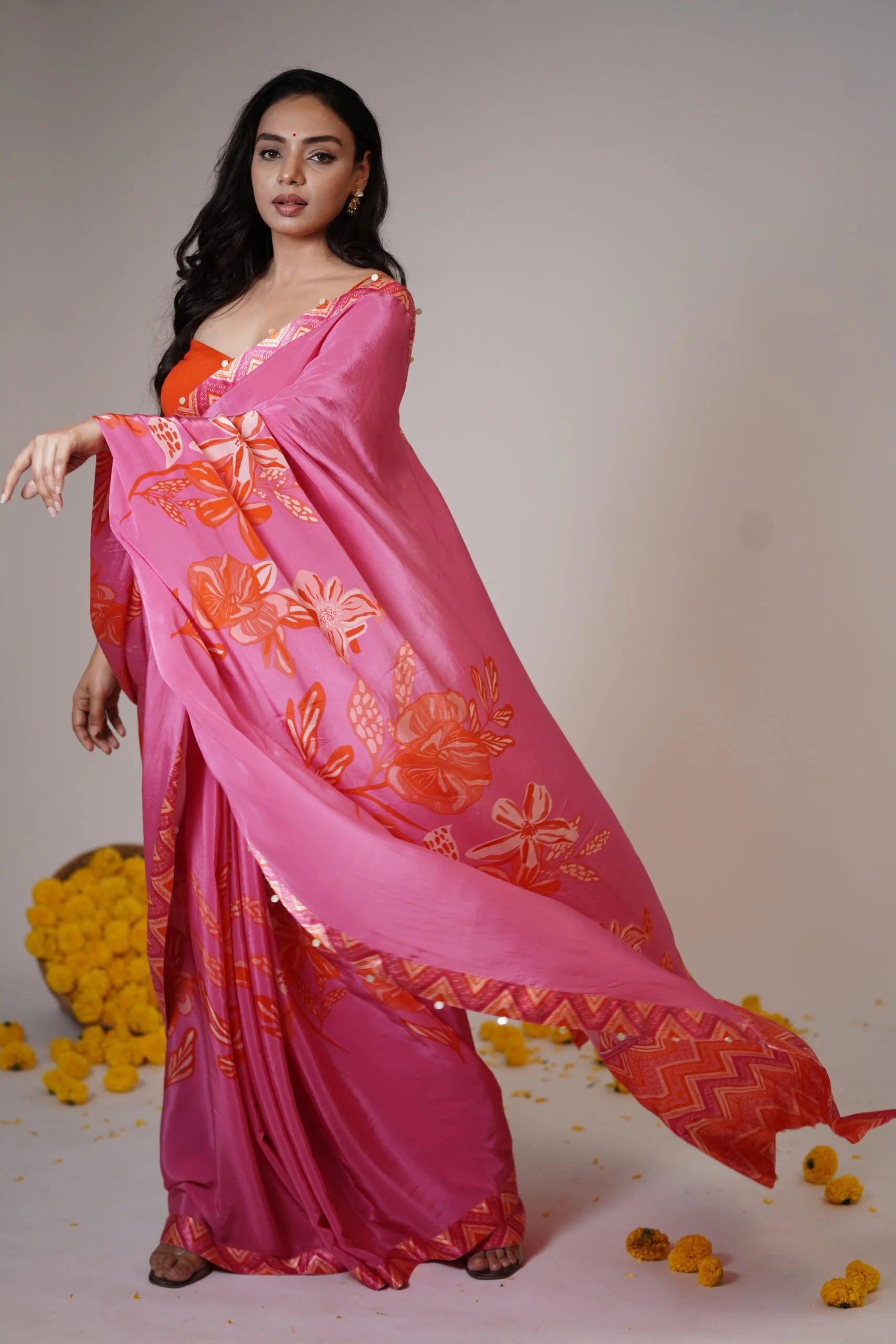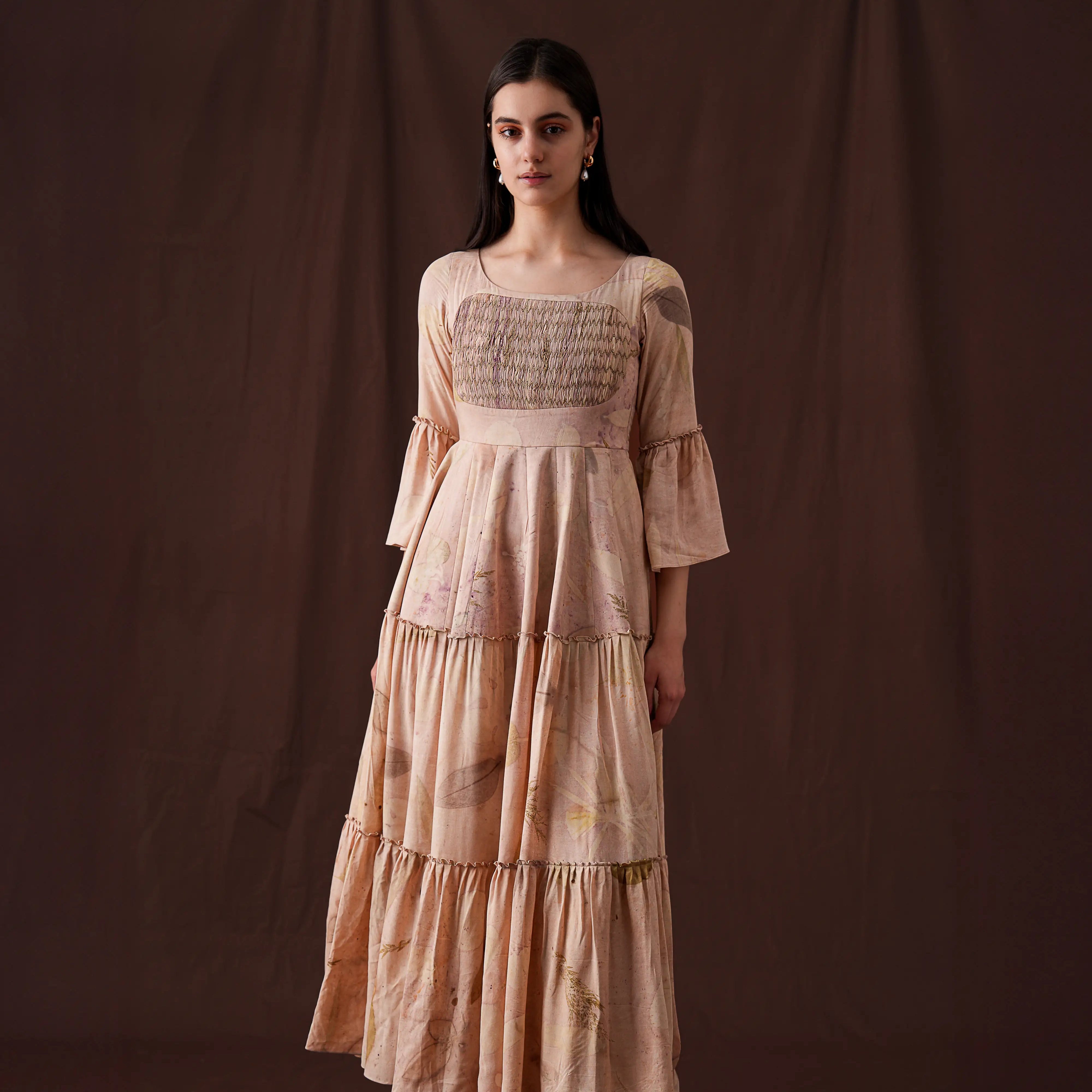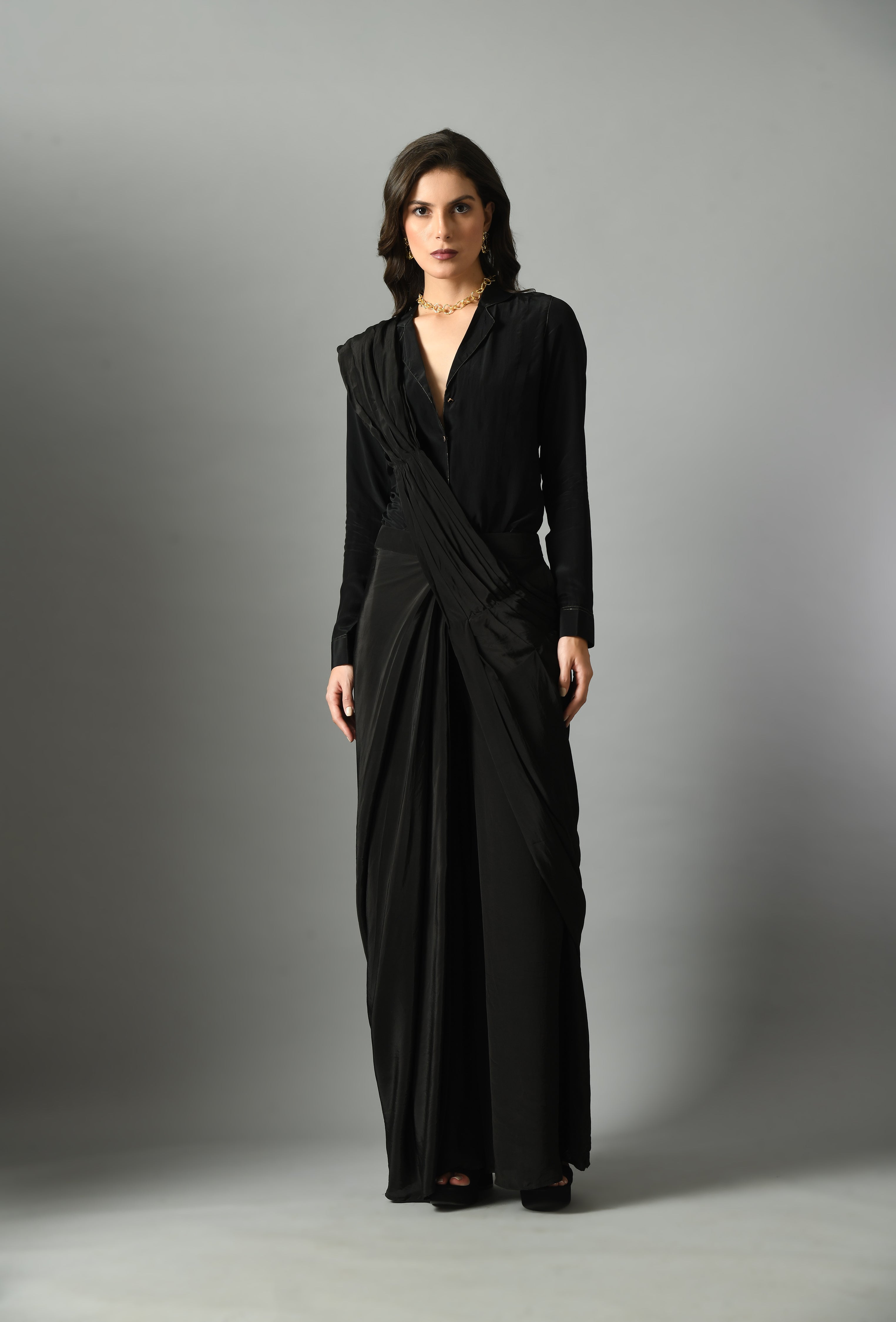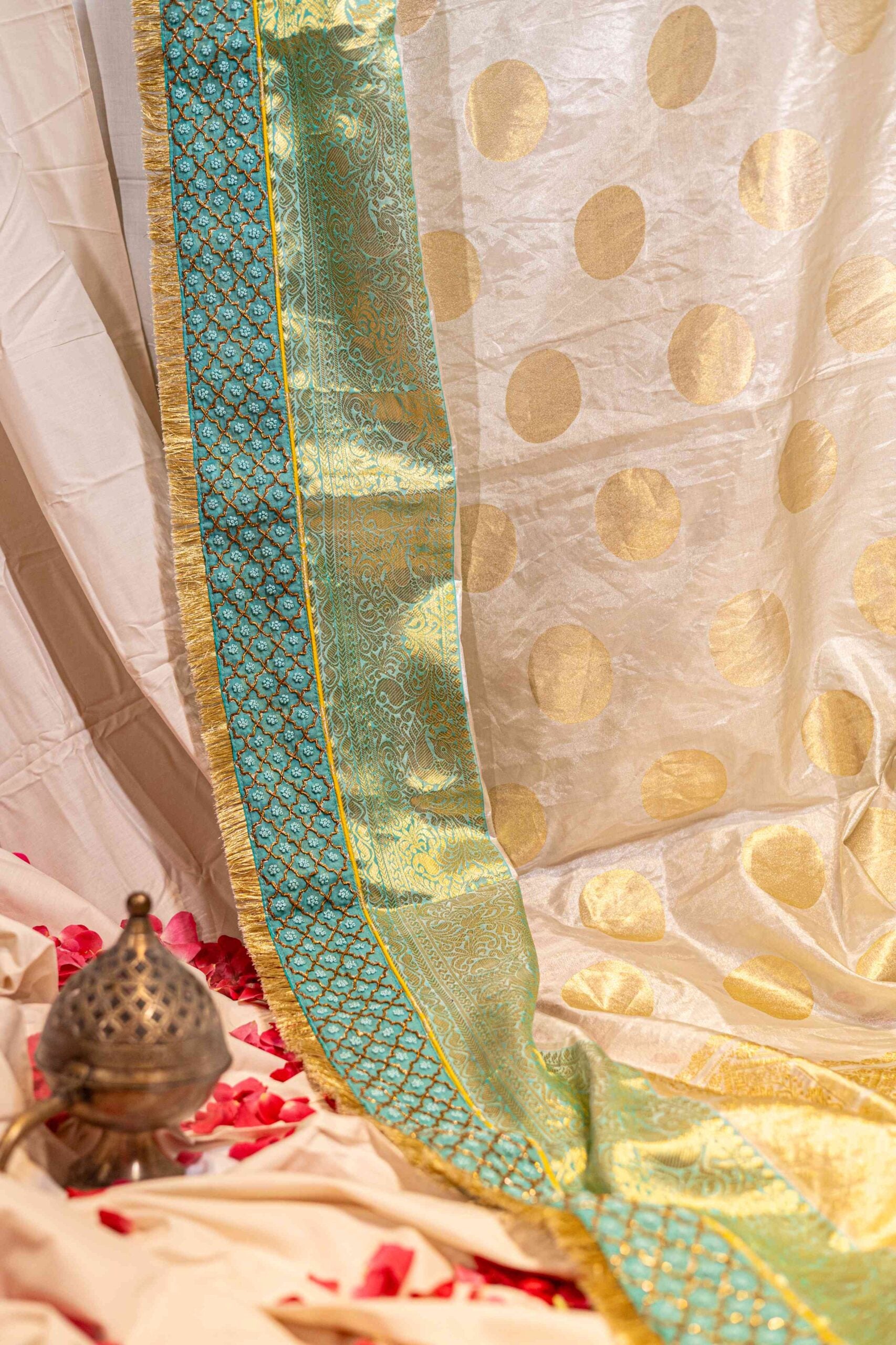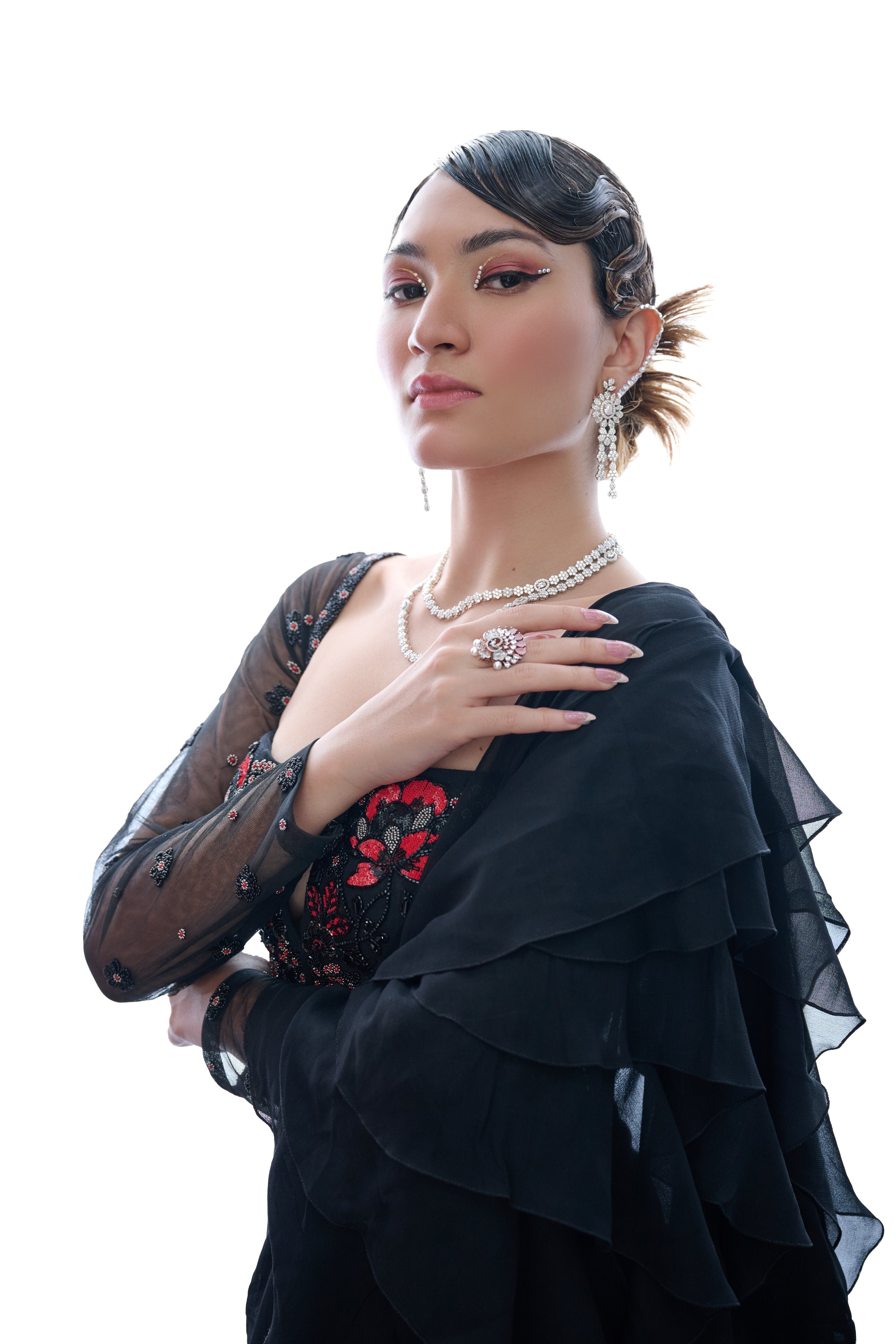Fair Dress: Dressing with Conscience and Style in the Modern Wardrobe In today's world, fashion is no longer just about aesthetics; it's also about ethics. As consumers become increasingly aware of the environmental and social impact of their choices, the demand for fair dress and sustainable fashion is surging. The term " fair dress " encompasses clothing produced with respect for both the environment and the people involved in its creation. It means prioritizing fair labor practices, sustainable materials, and a commitment to minimizing waste throughout the supply chain. But what exactly does it mean to embrace a fair dress philosophy, and how can you incorporate it into your personal style? This guide will walk you through the key aspects of ethical fashion, providing practical tips for building a wardrobe that aligns with your values and expresses your individual flair. Understanding the Problems with Fast Fashion Before diving into the solutions, it's important to understand the problems associated with fast fashion. The relentless pursuit of cheap and trendy clothing often leads to: Exploitative Labor Practices: Garment workers, primarily women in developing countries, are often subjected to unfair wages, unsafe working conditions, and long hours. Environmental Degradation: Fast fashion relies heavily on resource-intensive materials like cotton and synthetic fibers, contributing to water pollution, deforestation, and greenhouse gas emissions. Wasteful Consumption: The constant cycle of new trends encourages overconsumption and disposability, leading to mountains of textile waste that end up in landfills. The Hallmarks of a Fair Dress Philosophy A fair dress philosophy stands in stark contrast to the fast fashion model. It prioritizes:
Ethical Sourcing: Choosing brands that use sustainable materials like organic cotton, recycled fibers, and innovative fabrics like Tencel. Fair Labor Practices: Supporting companies that ensure fair wages, safe working conditions, and respect for the rights of garment workers. Transparency: Looking for brands that are transparent about their supply chain, providing information about where their materials come from and how their garments are made. Durability: Investing in well-made, timeless pieces that will last for years, reducing the need for constant replacements. Mindful Consumption: Buying less and choosing well, focusing on quality over quantity and selecting items that truly reflect your personal style. Building Your Fair Dress Wardrobe: Practical Tips Transitioning to a fair dress wardrobe doesn't have to be overwhelming. Here are some practical steps you can take: Start Small: Don't try to overhaul your entire wardrobe overnight. Begin by replacing a few key items with ethical alternatives. Research Brands: Look for brands that are transparent about their ethics and sustainability practices. Organizations like Good On You provide ratings and information on ethical fashion brands. Shop Secondhand: Thrifting and buying vintage clothing is a fantastic way to reduce waste and find unique, one-of-a-kind pieces.
Support Local Artisans: Explore local boutiques and craft fairs to discover handmade clothing and support local businesses. Rent or Borrow: For special occasions, consider renting a dress or borrowing from a friend instead of buying something new. Care for Your Clothes: Proper care can significantly extend the lifespan of your clothing. Follow washing instructions, mend tears, and store your clothes properly. The Aesthetic of Fair Dress: Style without Compromise Embracing a fair dress philosophy doesn't mean sacrificing style. Ethical fashion brands are increasingly offering a wide range of designs, from classic staples to trendy pieces, catering to diverse tastes and preferences. The key is to focus on timeless silhouettes, quality materials, and versatile pieces that can be mixed and matched to create a variety of looks. The Future of Fair Dress: A Movement of Change The fair dress movement is gaining momentum, driven by a growing awareness of the ethical and environmental issues surrounding the fashion industry. By choosing to support ethical and sustainable brands, consumers can play a powerful role in creating a more responsible and equitable fashion system. It’s about voting with your wallet, supporting brands that align with your values, and demanding greater transparency from the industry as a whole. Ultimately, fair dress is more than just a trend; it's a mindset. It's about making conscious choices, valuing quality over quantity, and embracing a style that is both beautiful and ethical. By embracing a fair dress philosophy, you can look good, feel good, and contribute to a better world. Let's choose fashion that reflects our values and supports a future where style and sustainability go hand in hand.

